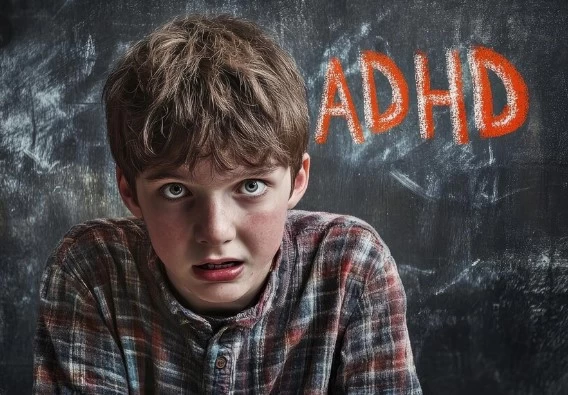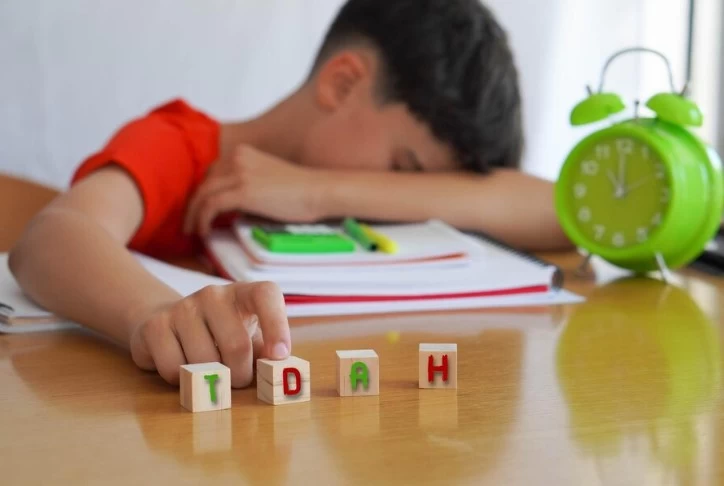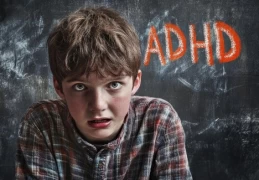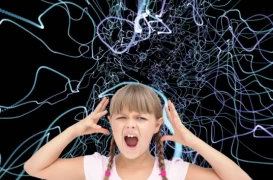
The Impact of Attention Deficit Hyperactivity Disorder on School Life
- The Impact of Attention Deficit Hyperactivity Disorder on School Life
- Definition and Symptoms of ADHD
- The Impact of ADHD on School Performance
- The Role of Teachers and Parents
- Treatment and Support Methods
- Strengths of Children with ADHD
- Conclusion
Attention Deficit Hyperactivity Disorder (ADHD) is known as one of the most common neurodevelopmental disorders in childhood. ADHD can significantly impact a child's academic performance and social relationships, posing serious challenges to their educational journey. In this article, I will explore ADHD's effects on school life and how we can better support these children in their learning environments from a psychologist's perspective.
Definition and Symptoms of ADHD
ADHD manifests through symptoms of inattention, hyperactivity, and impulsivity. These three main symptom clusters often make it difficult for the child to focus in class, complete homework, and engage with teachers and peers. Children with ADHD often struggle to maintain focus on a single task for an extended period, easily get distracted during lessons, and are typically overactive. Impulsivity, a key characteristic of ADHD, often leads these children to act without thinking, which can result in difficulties following classroom rules.
The Impact of ADHD on School Performance
The challenges ADHD children face in school usually begin with difficulty focusing in class and concentrating on the material being taught. They may be easily distracted by environmental stimuli while the teacher is speaking, constantly move around the classroom, or struggle with waiting for their turn. This disrupts their ability to fully grasp the lessons and leads to incomplete or incorrect assignments.
ADHD’s impact on school life extends beyond academic performance. It also significantly affects social relationships. Impulsivity makes it harder for these children to build healthy friendships since they frequently interrupt others, struggle to follow the rules of games, or say or do things impulsively that may hurt their peers. Such behaviors can lead to being excluded or teased by classmates. Over time, this can lower the child's self-esteem, cause social isolation, and even lead to secondary psychological issues such as depression or anxiety disorders.
The Role of Teachers and Parents
As a psychologist, I have observed that collaboration between teachers and parents plays a crucial role in alleviating the school-related challenges faced by children with ADHD. Helping these children succeed in their educational journey requires not only appropriate treatment but also adapting the learning environment to meet their specific needs.
Teachers can implement various strategies in the classroom to support students with ADHD. For example, seating the child away from distractions is essential. Allowing frequent short breaks can help increase their attention span. Additionally, breaking tasks into smaller, more manageable parts helps prevent the child from feeling overwhelmed by large or complex assignments. Providing clear and concise instructions also ensures that ADHD students better understand their tasks.
Parents, on the other hand, should focus on establishing a consistent routine at home. Activities like study time and playtime should be carried out in an organized manner to help the child feel more secure and develop time management skills. Moreover, children with ADHD often need positive reinforcement, so recognizing and praising their successes can significantly boost their motivation.

Treatment and Support Methods
ADHD is typically treated using behavioral therapy, medication, or a combination of both. Behavioral therapy provides crucial support in helping the child develop attention, impulse control, and social skills. Medication is often used to control symptoms like inattention and hyperactivity.
In addition to these treatments, engaging in activities that support the child's psychosocial development is also vital. Creative outlets such as art, sports, or music can channel the child’s energy in a positive way. Group sports, in particular, not only help burn off physical energy but also improve social skills.
Strengths of Children with ADHD
Although ADHD is often discussed in terms of its negative effects, children with ADHD possess unique strengths. For instance, they tend to be creative and energetic individuals. Their high energy levels, when properly guided, can lead to success in sports, arts, or entrepreneurship. Moreover, what seems like distraction may actually reflect different thinking patterns and an ability to develop innovative solutions. While they may struggle with tasks they find boring, they can become intensely focused for hours on subjects that genuinely interest them.
Conclusion
Although school life may be challenging for children with ADHD, these difficulties can be overcome with the right interventions and support. Both families and teachers can make the educational process easier by creating a learning environment tailored to the child’s needs. With psychological support, individualized therapy, and educational strategies, children with ADHD can reach their full potential. It’s essential to remember that every child is unique and has their own strengths. ADHD is not just an obstacle—it can be a key to unlocking hidden talents when managed effectively.

Psy. Berfin Çağlı





